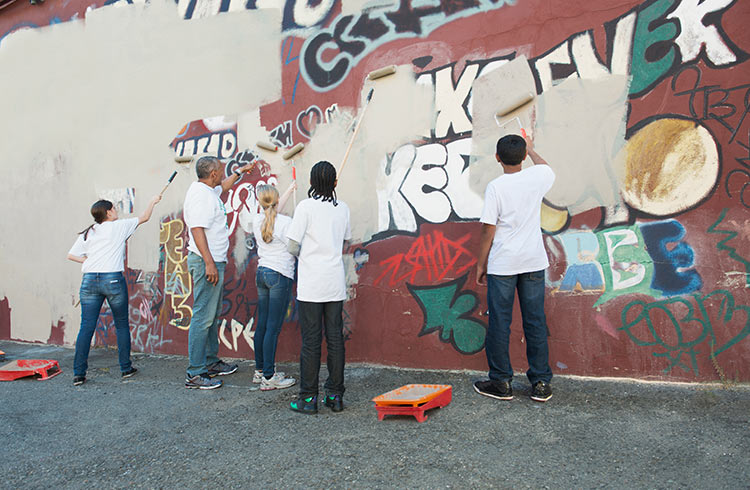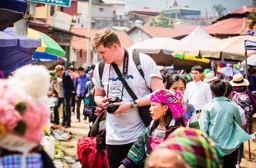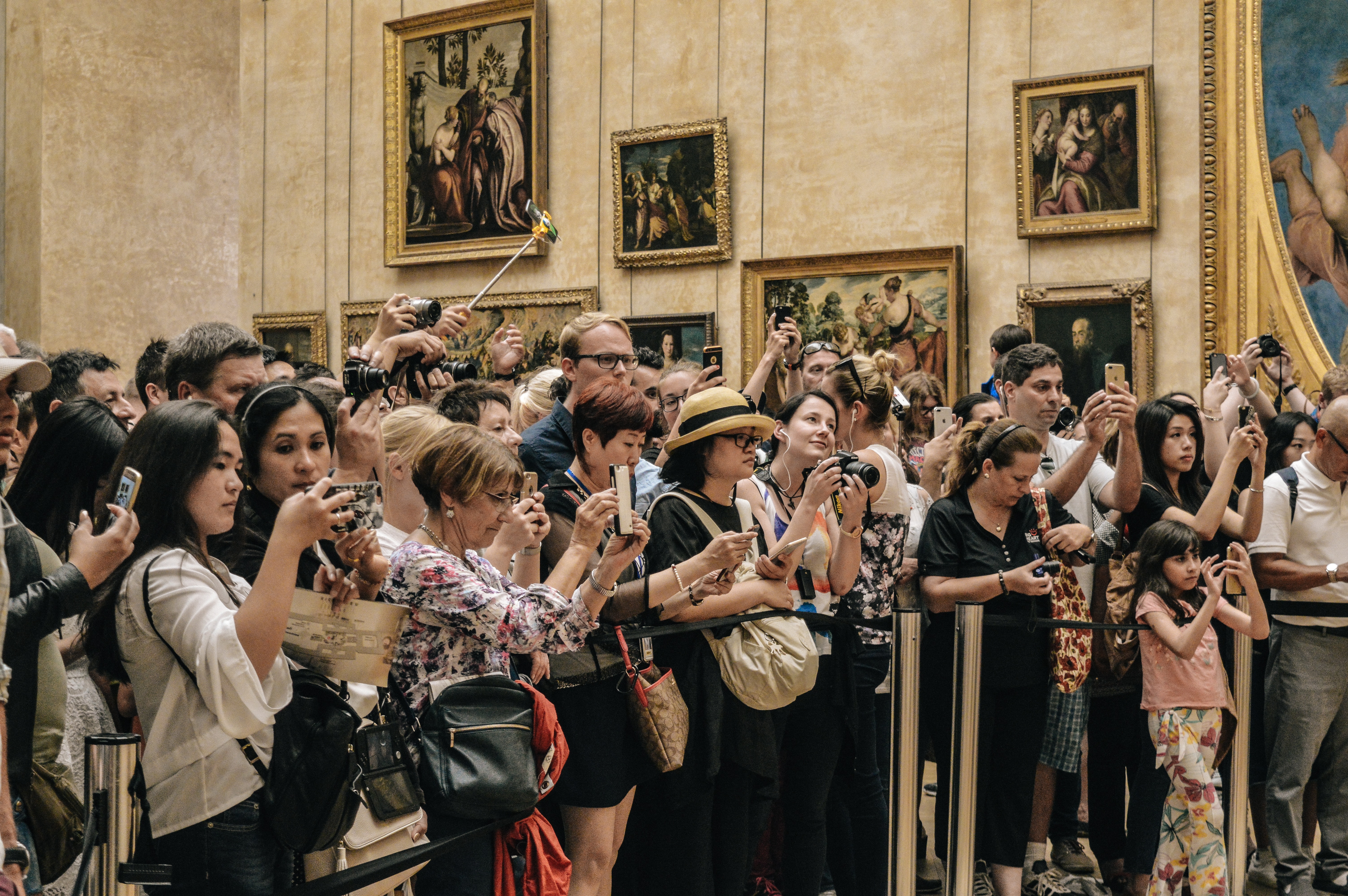5 Ways to Get More Out of Your Volunteer Experience
Bridge the gap with locals for a more immersive and authentic cultural exchange, advises Alexandra Alden.
 Photo © Getty Images / Jose Luis Pelaez Inc
Photo © Getty Images / Jose Luis Pelaez Inc
You may have heard a whisper that volunteer programs are not always helpful. I’m not here to answer that question. I’m here to say that’s not what’s important. What is important, more so than whether that house you built in Guatemala will stop the rampant government corruption or whether those weeks you spent in an orphanage will keep those kids off drugs when they’re older, is the cultural exchange you have with the people you interact with while volunteering abroad.
This exchange affects you and affects them. I’ve spoken to many volunteers and a common sentiment is that they feel like they got as much out of the experience as they gave. Why is that? Because volunteering, more than most other forms of traveling, allows for real interaction with the locals. You wake up in the morning in a local home; spend the day working alongside the locals and go to bed after having a homemade dinner of local food. All day long you are sharing who you are and where you come from and so are they.
While volunteering will naturally put you in a situation of cultural exchange, here are some tips to really get involved:
- Learn at least some of the local language
- Stay in a homestay
- Help in the kitchen
- Make friends with the permanent local staff
- Whether you’re working with kids or adults, talk!
1. Learn at least some of the local language
Let’s face it even the best mimes will run out of gestures after a couple days and you can’t really understand a culture without understanding its language. Most volunteer programs offer some sort of language instruction so take advantage of it. Then, once you’ve learned the basics, talk. Even if you sound like a three year old, talk. The locals will appreciate the effort and they will help you out and teach you new phrases and words. They can also teach you the local lingo which you won’t learn in the classroom and gives you a deeper look into the culture.
2. Stay in a homestay
There may be several accommodation options when you choose a volunteer program but if you really want to participate in the culture, a homestay is the way to go. Not only will it improve your Spanish but you will get invited to family events. Chatting with a slightly drunk uncle over a family barbecue is a great way to hear amazing stories in any country.
3. Help in the kitchen
Food is as much a part of culture as art and music, and in some countries may be more important. Ask your host mom to teach you local recipes and chat to her while doing it. Also, offer to make one of your countries dishes, and while the family and yourself enjoy it you can tell them about your culture.
4. Make friends with the permanent local staff
Not only can they give you insight into the long term goals of the volunteer project you’re working on, they can also take you to the best local bars or on an excursion to that spot that only the locals know about (every town has one). They’ve probably met a lot of international volunteers so will be in a position to support you as well should you start feeling culture shock.
5. Whether you’re working with kids or adults, talk!
It may seem obvious but the best way to learn about and share your culture is to talk. Tell stories, listen to them and ask questions. It’s important that even if you’re naturally a bit shy to push yourself. After a while once you’ve begun forming relationships with the locals it won’t be so hard but those first couple days or even weeks challenge yourself every day to speak as much as possible.
About the Author
Alexandra Alden, follow her on Twitter.
Related articles
Simple and flexible travel insurance
You can buy at home or while traveling, and claim online from anywhere in the world. With 150+ adventure activities covered and 24/7 emergency assistance.
Get a quote


No Comments